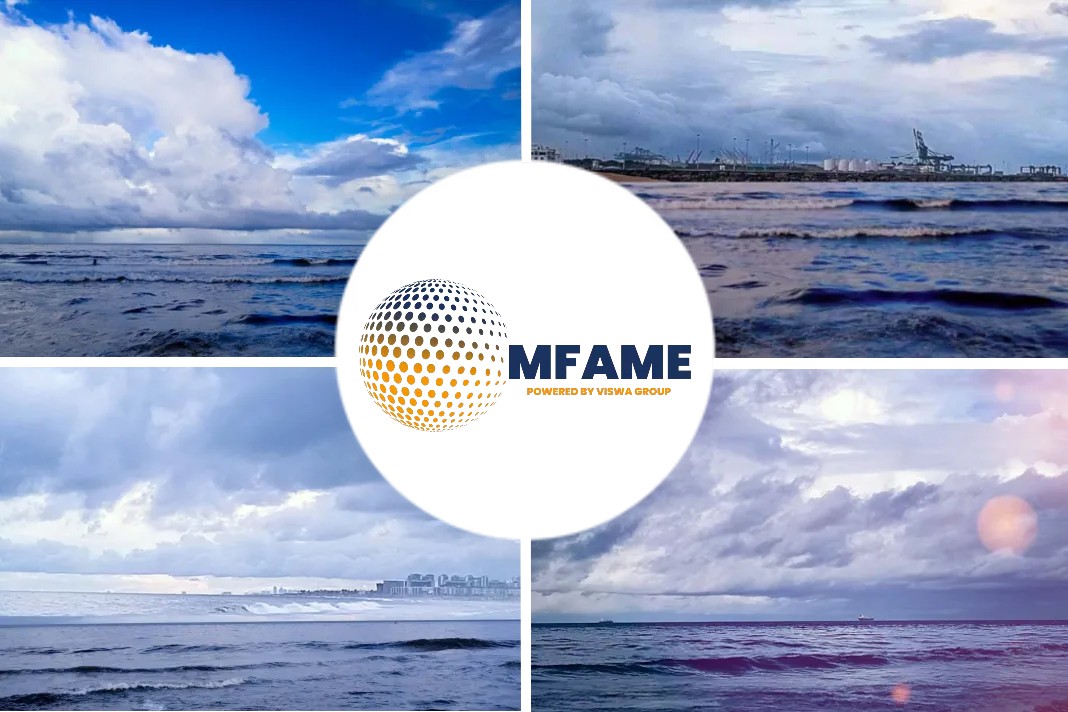- When a mysterious tanker crashed off an Odesa beach two years ago, oil came rushing out of its hull and so did the UK’s complicity in lax corporate oversight around the world.
- At the start of February 2021, the Ukrainian government took Mister Drake to court.
- Its aim was to strip the UK entity of its ownership of the Delfi, now languishing in the nearby port of Chornomorsk.
- The case is one of several to stem from the accident, leading headlines in Ukraine. It is also, from a British perspective, entirely moot.
A recent news article published in the Open Democracy deals with the crashing of mysterious tanker and its impact.
The Delfi
The Delfi beached on 22 November 2019.
Only in the following September was it finally towed off the mole, long after the Odesa surf had flushed the toxic grease and oil out of its old engines and into the Black Sea.
At one point, environmental watchdogs measured hydrocarbons in the water at 157 times the accepted maximum.
This meant that in the summer of 2020, even at the height of the holiday season, the beach where the Delfi lay was closed and guards were posted to keep people away.
The Delfi, tourist attraction
Somebody, nevertheless, swam out to the wreck and painted, in huge letters, the name Sofiya on the tanker’s rusted deck, which now faced the shore. The vandal, next to the graffiti, added a picture of a glowing sun.
The Delfi, Shtekel explains, had become a “tourist attraction”, a place of “pilgrimage”.
Delfi’s sinking
The tanker was also a talking point in the city. Questions were asked – if rarely answered. Who was responsible for the Delfi’s sinking? Why was it allowed to pollute a beach for ten months? Who ought to pay the 14-million-hryvnia (£365,000) bill for its eventual removal? Who owned it?
Eventually the last query got a response. The Delfi, local authorities said, was registered in landlocked neighbouring Moldova, but owned by a “company” in the UK – in Cardiff, to be exact. The name? Mister Drake PC.
So this was not just a Ukrainian story, it was a British one, too. The Delfi, on paper at least, was Welsh.
Ukrainian government takes action
At the start of February 2021, the Ukrainian government took Mister Drake to court. Its aim was to strip the UK entity of its ownership of the Delfi, now languishing in the nearby port of Chornomorsk.
Lawyers were back in an Odesa court on 10 February to thrash out the dispute. Ukrainian government representatives argue Mister Drake PC failed to fulfil its obligations to clear up its mess in nine months, the period set by the Odesa port.
According to news agency Ukrinform, a lawyer for Mister Drake, Oleg Sytnik, told an earlier hearing that local officials had prevented his client’s representatives from gaining access to the Delfi.
British perspective
The case is one of several to stem from the accident, leading headlines in Ukraine. It is also, from a British perspective, entirely moot. Mister Drake PC, despite being described in Ukrainian reports as a “company”, is nothing of the kind.
The clue to its status lies in its name. PC stands for Partneriaeth Cyfyngedig, or “limited partnership” in Welsh.
Ownership fight
Crucially, limited partnerships (LPs) have no right to own property, including ships, and no right to represent themselves in court.
To use the jargon of corporate law: Mister Drake PC does not have a legal personality. Yet in Ukraine, the entity is fighting to keep its ownership of a ship in court.
We asked Oleg Sytnik, Mister Drake PC’s lawyer, to explain how this was possible. He declined to do so. “I am not prepared to discuss this with you,” he told openDemocracy.
A UK government spokesperson said: “There is no provision in legislation that would allow limited partnerships registered in England, Wales or Northern Ireland to own property. It is for the Ukrainian courts to determine which people or entities they take action against in light of this.”
Did you subscribe to our daily newsletter?
It’s Free! Click here to Subscribe!
Source: Open Democracy

















